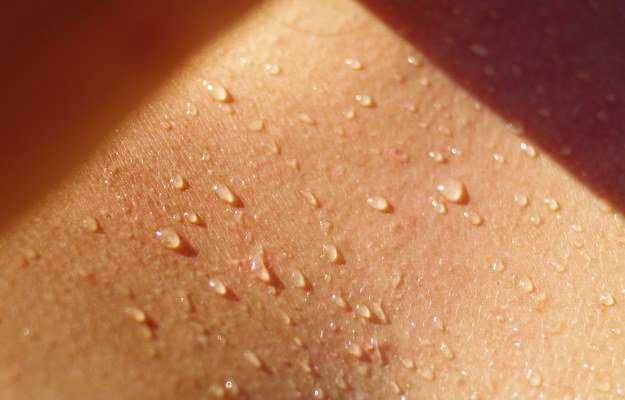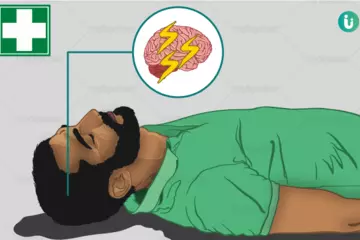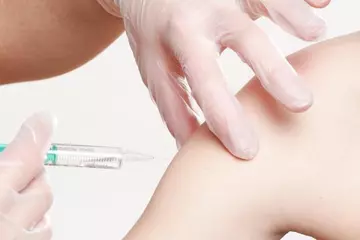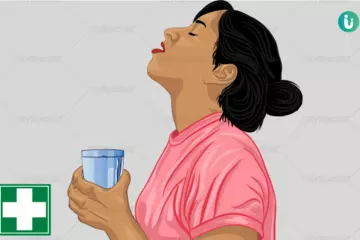What is organophosphate poisoning?
Organophosphate poisoning is the presence of organophosphate in the body at toxic levels. It occurs due to exposure to these chemicals accidentally or intentionally. Organophosphate is a chemical compound commonly found in pesticides and insecticides, which are used to protect plants and crops from pests, insects and microorganisms. Poisoning can take place by various routes, such as oral, nasal (inhalation), intravenous (injection), or through skin contact. It is a commonly reported poisoning in rural areas of India.
What are its main signs and symptoms?
Depending on the exposure route and the amount of organophosphate present in the body, the signs and symptoms of organophosphate poisoning can be classified as per the severity of the condition:
- Symptoms of mild poisoning
- Symptoms of moderate poisoning
- Breathing difficulty
- Confusion
- Pain in the stomach
- Pale appearance
- Muscle contractions
- Symptoms of severe poisoning
- Loss of consciousness
- Convulsions
- Paralysis
- Loss of control over urination and defecation
The onset of symptoms occurs within 30 minutes to 3 hours following organophosphate exposure.
What are the main causes?
Organophosphate exposure will inhibit certain enzymes of the body and result in mild, moderate, or severe symptoms. Poisoning may occur due to self-harm or by accidental exposure. Accidental organophosphate exposure is seen in those working with pesticides or insecticides or may occur due to consumption of contaminated food or water.
Organophosphates are anti-cholinesterases, i.e., they stop the action of the enzyme cholinesterase. This enzyme breaks down the neurochemical acetylcholine. By stopping the breakdown action of the enzyme, organophosphates lead to the following:
- Acute life-threatening cholinergic crisis.
- An intermediary syndrome marked by paralysis of cranial nerves, muscles of respiration and other skeletal muscles.
- Delayed nerve damage.
How is it diagnosed and treated?
Organophosphate poisoning is diagnosed based on the person’s symptoms on hospital admission and by taking a medical history about the exposure from close relatives or witnesses. The doctor will carry out a blood test to determine the levels of body enzymes, which are inhibited by organophosphates.
The initial treatment includes performing gastric lavage to remove the ingested organophosphate from the person’s body. In the case of spillage of organophosphates on the individual’s clothes, removal of contaminated clothes and proper cleansing with water and soap is recommended. To manage breathing difficulty, artificial oxygen is administered and other appropriate medicines are prescribed to treat the symptoms and prevent them from worsening. In the case of oral intake of the poison, a stomach wash might be given to remove all remaining poison from the stomach before it gets absorbed.

 OTC Medicines for Organophosphate Poisoning
OTC Medicines for Organophosphate Poisoning















